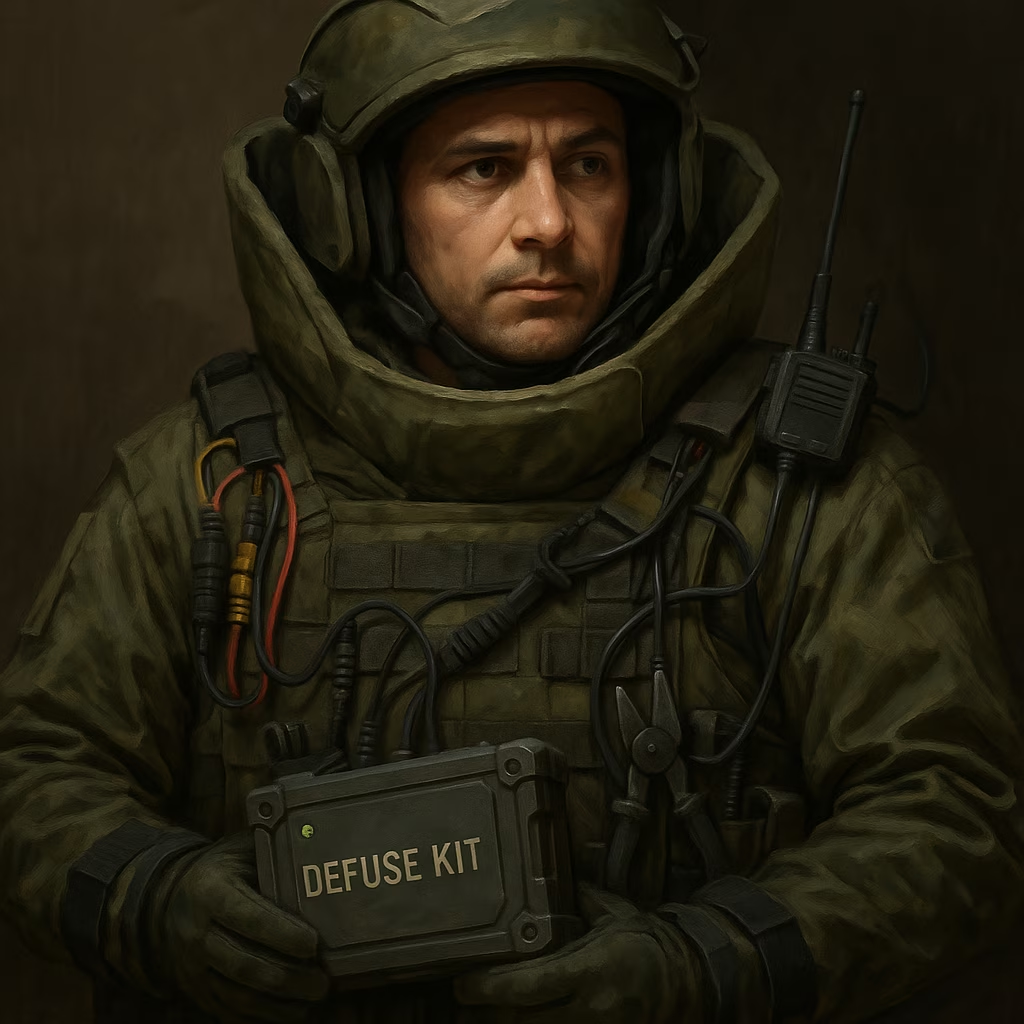Valve's Crackdown on CS:GO Gambling: What You Need to Know
Valve's crackdown on CS:GO skin trading sites disrupts unregulated gambling, sparking debates about the future of in-game economies.
🔥 Just when I thought the CS:GO skin trading scene couldn’t get wilder, Valve drops a bombshell! For years, third-party gambling sites have been exploiting Steam’s item economy, letting players bet skins like casino chips. But now, Valve is finally taking action with cease-and-desist letters to these platforms. Let’s unpack what this means for gamers and the future of in-game economies.

💡 How Did We Get Here?
Valve’s OpenID API was originally designed to simplify user authentication, but gambling sites twisted it into a tool for transferring skins based on bet outcomes. These platforms assigned real-world monetary values to virtual items, creating a loophole for unregulated gambling—including underage participation. One lawsuit later, Valve had to address the elephant in the room.
Key points from their statement:
-
🚫 Gambling sites violate Steam’s API/user agreements
-
📜 Legal notices sent to shut down operations
-
💬 "We earn nothing from these sites" – Valve
🌐 The Ripple Effect
While some sites like CSGOLounge have already started shutting down, the bigger issue remains: Steam Market’s role. Valve profits from transaction fees when players sell items, indirectly benefiting from gambling-driven demand. This creates a moral paradox:
| Valve’s Position | Community Reality |
|---|---|
| No direct partnerships | Gambling sites thrive on Steam’s ecosystem |
| Claims no revenue share | Market fees fuel Valve’s earnings |
| Bans API misuse | Alternative gambling methods still exist |
People Also Ask ❓
-
Why did Valve wait so long to act?
-
Speculation: Legal pressure + growing PR crisis forced their hand.
-
Can gambling sites survive without OpenID?
-
Possibly, through manual trades or external market valuations.
-
Are my skins safe now?
-
Maybe, but scams and unregulated platforms still lurk.
🎮 The Grey Zone of Gaming Economies
Valve’s crackdown feels like a Band-Aid solution. The real problem? The item drop system itself, which turns virtual loot into speculative assets. As one Redditor put it: "It’s not gambling if we call it ‘trading,’ right?" 😒
Open-Ended Thoughts 🤔
-
Should Valve overhaul its loot system to deter gambling?
-
Is it ethical for games to create real-world-valued virtual items?
-
Will blockchain/NFT integrations make this mess worse?
What’s your take? Let’s discuss in the comments! 👇